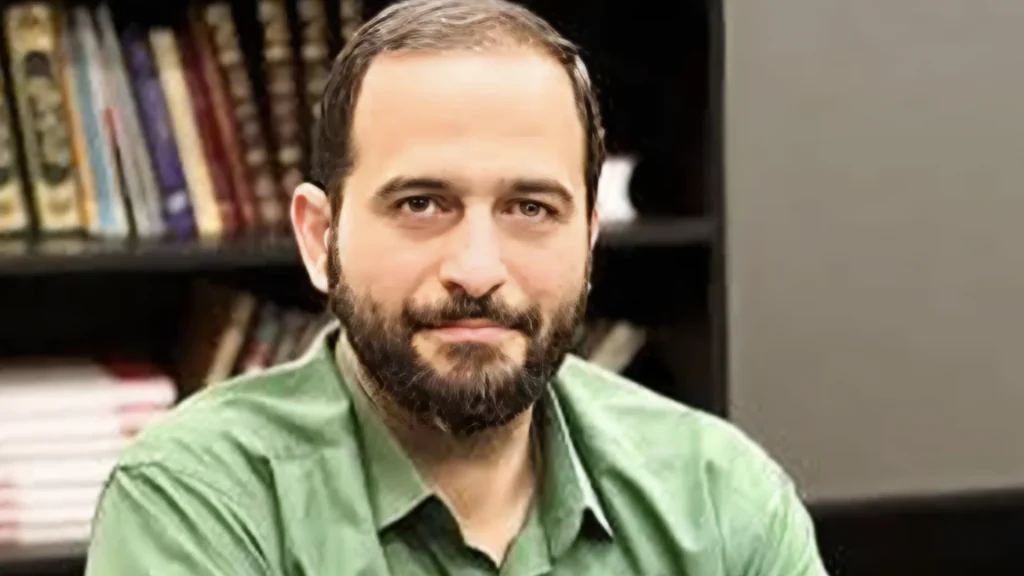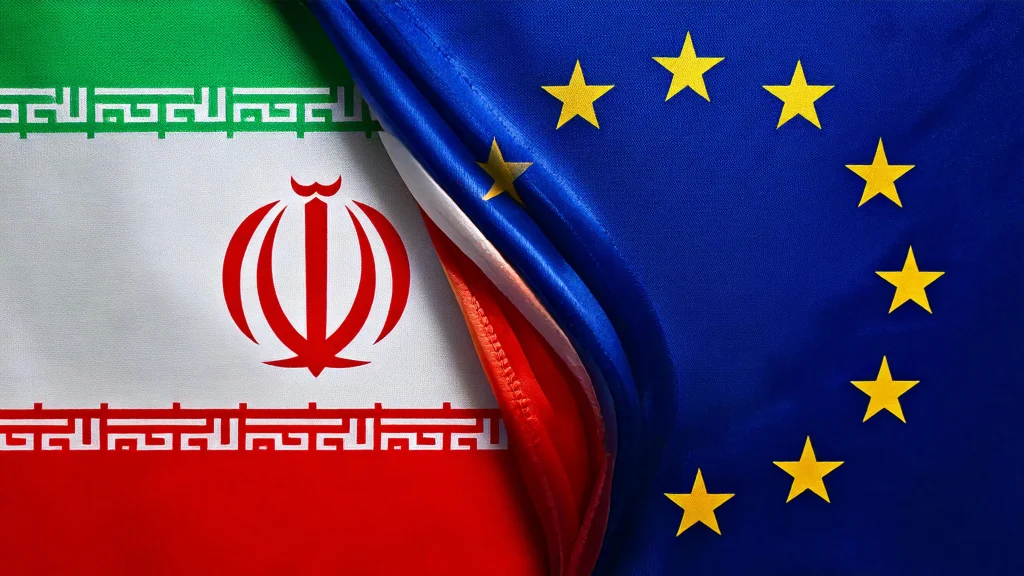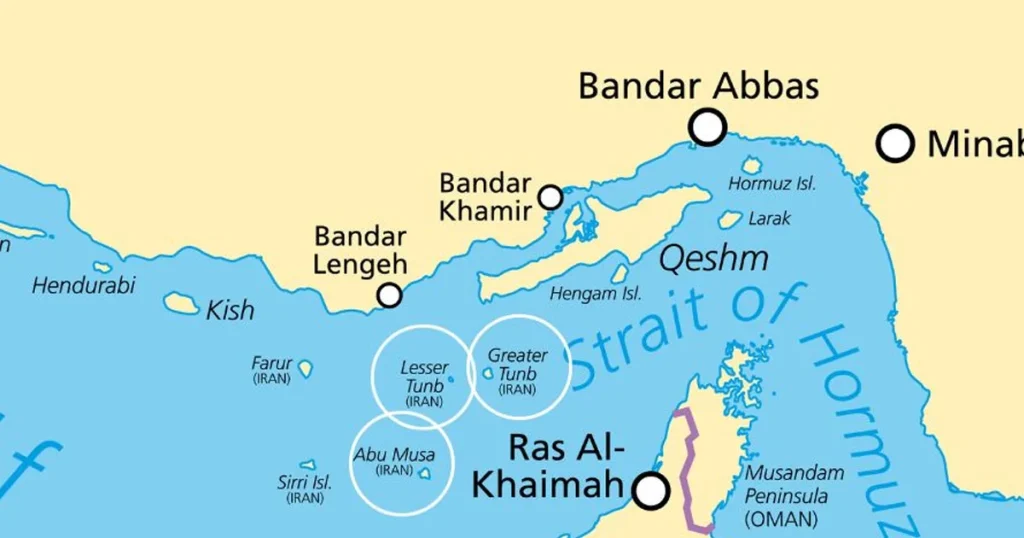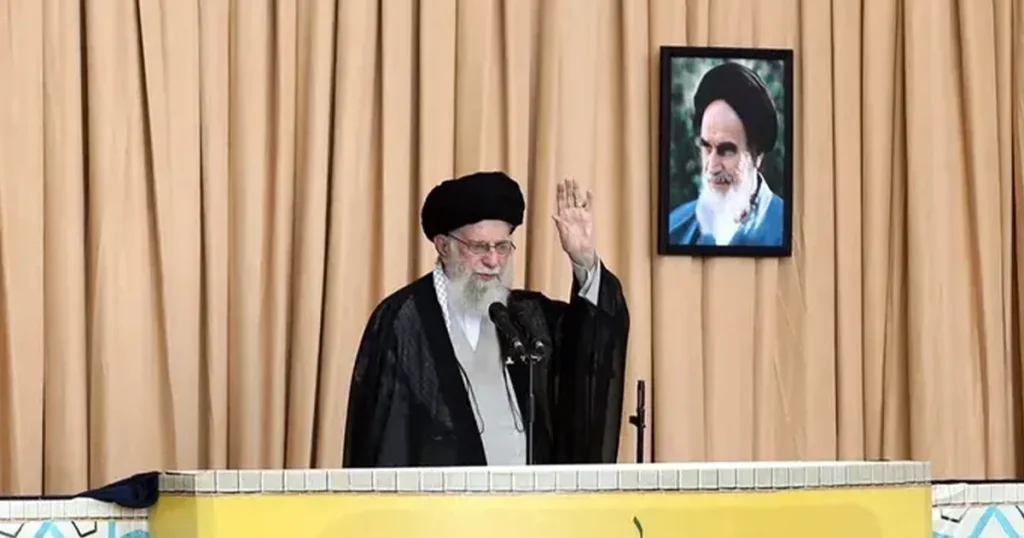The arrest of Mohsen Borhani, a prominent Iranian lawyer and supporter of President-elect Masoud Pezeshkian, underscores the unchanging nature of the Islamic Republic of Iran. Despite the election of a so-called reformist, the regime continues its oppressive tactics, proving once again that a change in presidency does not translate into genuine reform.
Unwavering Repression of Dissent
Borhani, known for his outspoken criticism of the government’s brutal crackdown on protests, has become a target for merely speaking the truth. During Pezeshkian’s campaign, Borhani openly criticized the security forces for their violent suppression of the 2022 nationwide protests, which erupted after the tragic death of Mahsa Amini in morality police custody. His brave disclosure of the use of “batons, electric shockers, and pellet bullets” by security forces highlighted the severe human rights abuses committed by the regime.
A Continued Assault on Freedom of Expression
In August 2023, multiple Iranian security and intelligence institutions jointly filed a case against Borhani, further evidencing the regime’s intolerance towards dissent. His arrest on July 3, 2024, as reported by Vokalapress, a specialized news platform for judicial lawyers in Iran, is a stark reminder that the Islamic Republic remains steadfast in its repressive policies, irrespective of who holds the presidential office.
The Illusion of Reform
The election of Masoud Pezeshkian, labeled a reformist, offered a glimmer of hope for some Iranians yearning for change. However, the arrest of Borhani and the continued persecution of dissidents reveal the harsh reality: the structure of the Islamic Republic is designed to suppress any form of opposition. The president’s identity is inconsequential when the power lies with the Supreme Leader and the entrenched security apparatus. Pezeshkian’s failure to protect his supporter is indicative of the limitations faced by any president within this regime.
The Misnomer of “Reformist” Politics
The term “reformist” in the context of Iranian politics is often a misnomer. It suggests the possibility of meaningful change within the existing system, a notion repeatedly disproven by history. The regime’s survival strategy involves projecting an image of potential reform to placate both domestic discontent and international scrutiny, while continuing its oppressive practices unabated.
The Urgent Need for International Action
The case of Mohsen Borhani is not just an isolated incident but a microcosm of the broader, systematic repression in Iran. It serves as a compelling argument for why the European Union (EU) and the United Kingdom (UK) must take decisive action by proscribing the Islamic Revolutionary Guard Corps (IRGC) in its entirety.
Proscribing the IRGC: A Necessary Step
The IRGC, a powerful entity within the Islamic Republic, is instrumental in enforcing the regime’s brutal policies, both domestically and internationally. It is involved in various human rights abuses, including the violent suppression of protests, torture, and extrajudicial killings. Moreover, the IRGC plays a significant role in supporting terrorist activities and destabilizing regional peace.
Strengthening International Resolve
Proscribing the IRGC would send a strong message to the Iranian regime that its actions have severe consequences. It would also align the EU and the UK with the United States, which has already designated the IRGC as a terrorist organization. Such a move would curtail the IRGC’s financial and operational capabilities, thereby weakening its grip on power and its ability to perpetuate violence.
Supporting the Struggle for Freedom and Justice
In conclusion, the arrest of Mohsen Borhani is a poignant reminder of the unyielding nature of the Islamic Republic. It highlights the futility of expecting change from within a regime inherently resistant to reform. The international community, particularly the EU and the UK, must recognize this reality and take concrete steps to hold the regime accountable. Proscribing the IRGC is a crucial and necessary step towards supporting the Iranian people’s struggle for freedom and justice.
Ensuring Security for the West
Additionally, proscribing the IRGC would enhance security for the West and its populations. The IRGC’s involvement in global terrorism and its support for proxy groups pose direct threats to international stability. By curtailing its operations, the EU and the UK can reduce the risk of terrorist activities on their soil and contribute to a safer global environment. This decisive action is not only a moral imperative but also a strategic necessity for safeguarding the security and well-being of Western populations.






